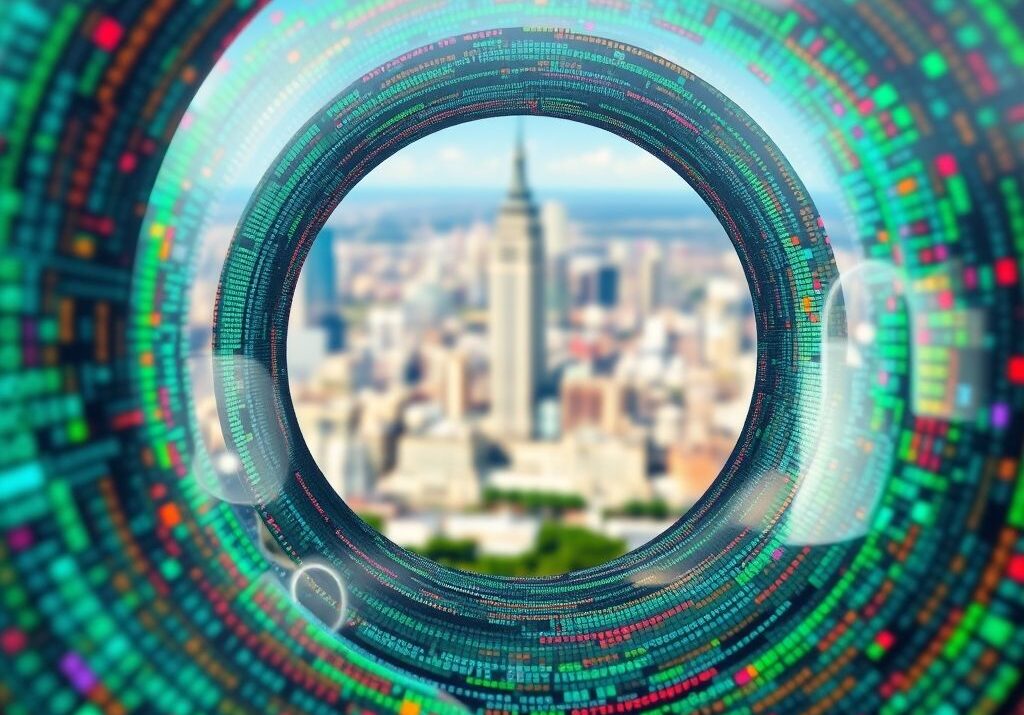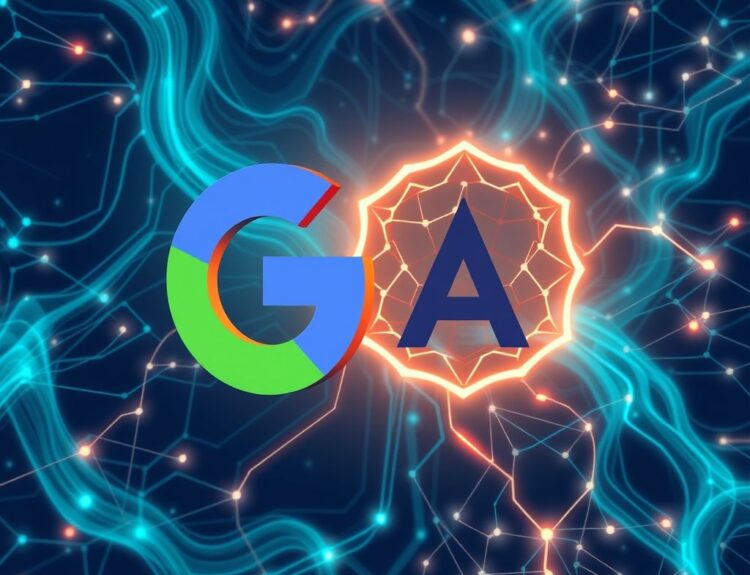Ever had a conversation with someone that just left you feeling…off? Like they were living in a different reality? Well, a recent piece in The New York Times, highlighted by TechCrunch, suggests that ChatGPT might be inadvertently pushing some folks down that very rabbit hole. And honestly, it’s got me thinking.
We all know and (mostly) love ChatGPT for its ability to generate text, answer questions, and even write code. But what happens when that technology starts reinforcing, or even creating, delusional or conspiratorial thinking? It sounds like the plot of a sci-fi movie, but the article raises some serious questions about the potential dark side of AI.
Think about it. The power of AI lies in its ability to learn from massive datasets. But what if those datasets are filled with misinformation, biased viewpoints, or even outright lies? According to a study published in Science Advances, algorithms can easily amplify existing biases present in the data they are trained on, leading to skewed or inaccurate results [https://www.science.org/doi/10.1126/sciadv.aaz8806].
And that’s before we even consider the echo chamber effect. If you consistently ask ChatGPT questions that align with a particular viewpoint, it’s going to keep feeding you information that confirms that viewpoint. This can create a self-reinforcing loop, making it increasingly difficult to distinguish between fact and fiction.
This isn’t just hypothetical, either. Researchers at MIT found that individuals who primarily rely on algorithmic news feeds are more likely to develop polarized opinions and distrust traditional media sources [https://news.mit.edu/2023/algorithmic-news-feeds-polarization-1108]. While this study focused on news, the principle likely applies to any information generated by AI.
The potential consequences are pretty scary. We could see a rise in conspiracy theories, increased polarization, and a general erosion of trust in institutions and experts. In a country like Cameroon, where access to reliable information is already a challenge, the spread of AI-fueled misinformation could have a devastating impact.
So, what can we do? Well, we need to be more critical consumers of AI-generated content. We need to fact-check everything, question the sources, and be aware of our own biases. We also need to demand more transparency and accountability from the companies developing and deploying these technologies.
This isn’t about rejecting AI altogether. It’s about being aware of the potential risks and taking steps to mitigate them. It’s about ensuring that AI is used to inform and empower us, not to manipulate and divide us.
5 Key Takeaways:
- AI can amplify biases: ChatGPT and other AI models learn from data, so if that data contains biases, the AI will likely perpetuate them.
- Echo chambers are real: Consistently seeking information that confirms your existing beliefs can lead to a distorted view of reality.
- Critical thinking is essential: Don’t blindly trust AI-generated content. Always fact-check and question the source.
- Transparency is key: Demand that AI developers be transparent about their data sources and algorithms.
- The stakes are high: Misinformation fueled by AI can have serious consequences for individuals and society as a whole.
FAQ: ChatGPT and Reality: Separating Fact from Fiction
- Can ChatGPT make me believe in conspiracy theories? Yes, if you consistently engage with content that supports those theories, ChatGPT might reinforce those beliefs.
- Is ChatGPT intentionally trying to spread misinformation? No, but the AI learns from data that may contain misinformation, and it may present that information without proper context or fact-checking.
- How can I tell if ChatGPT is giving me accurate information? Fact-check the information with reputable sources, look for evidence-based claims, and be wary of emotionally charged or sensational content.
- What is an “echo chamber” in the context of AI? An echo chamber is when you are primarily exposed to information that confirms your existing beliefs, creating a distorted view of reality.
- Is it safe to trust anything ChatGPT tells me? No, always exercise critical thinking and verify the information with other sources. ChatGPT is a tool, and like any tool, it can be misused or provide inaccurate results.
- What are AI developers doing to prevent the spread of misinformation? Many developers are working on improving their algorithms, implementing fact-checking mechanisms, and being more transparent about their data sources. However, it’s an ongoing challenge.
- How does this affect Cameroon specifically? In Cameroon, where access to reliable information is already a challenge, AI-fueled misinformation could further erode trust and spread harmful narratives.
- What can I do to help combat the spread of AI-fueled misinformation? Be a critical consumer of information, share reliable sources with others, and report misinformation when you see it.
- Are there any regulations or laws about AI-generated content? Regulations are still being developed in many countries, including some initiatives in Africa. It’s a rapidly evolving area, so stay informed about the latest developments.
- Does this mean AI is inherently bad? No, AI has many potential benefits. The key is to use it responsibly and be aware of its limitations and potential risks.








